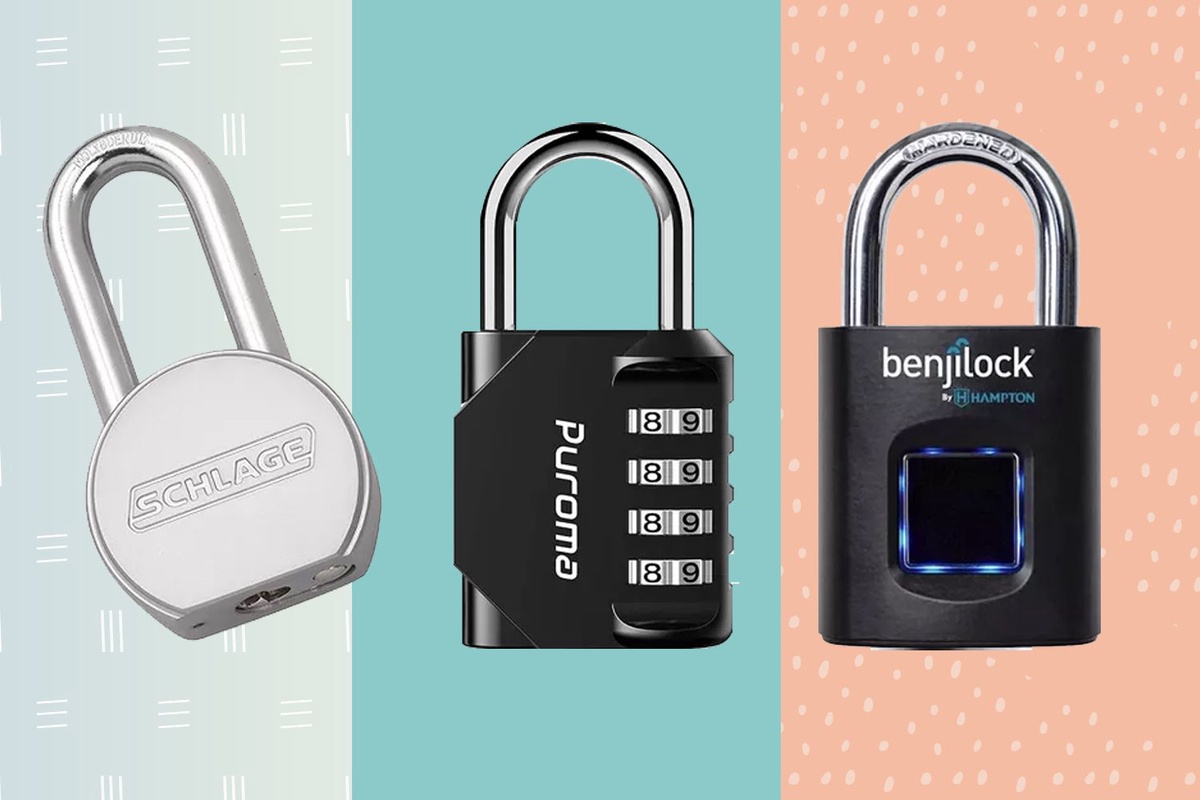When it comes to ensuring the security of our homes and businesses, one of the first lines of defense we often think of is a lock. However, there is an ongoing debate regarding the effectiveness of cheap locks vs expensive locks. Dr Locks LTD, a reputable locksmith company, believes that the price of a lock does not necessarily determine its security level. In this article, we will explore the factors that truly determine the quality and effectiveness of a lock, debunking the myth that expensive locks are always superior to their cheaper counterparts.
Quality over Price
While it may be tempting to assume that a higher price tag automatically guarantees better security, the reality is more nuanced. Dr Locks LTD emphasizes that the quality of a lock is a far more critical factor in determining its security level. Cheap locks may be less expensive, but that doesn't automatically mean they are less secure. Similarly, expensive locks are not always foolproof. The key lies in understanding the features and components that contribute to a lock's effectiveness.
Components of a Secure Lock
-
Material and Construction: The materials used in manufacturing a lock play a crucial role in its security. Both cheap and expensive locks can be made from durable materials such as solid brass or hardened steel. It is important to focus on the construction quality, precision, and resilience of the lock, rather than fixating solely on the price.
-
Lock Mechanism: The mechanism inside the lock determines how difficult it is to bypass. A well-designed lock, regardless of its price, will feature advanced mechanisms like pin tumbler systems or disc detainer locks. These mechanisms make it more challenging for intruders to pick or manipulate the lock, ensuring greater security.
-
Key Control: Another important aspect is key control. Reputable lock manufacturers, regardless of the price range, implement measures to restrict unauthorized key duplication. Whether a lock offers patented key systems or restricted keyways, these features contribute to its security and are not exclusive to expensive locks.
-
Standards and Certifications: Look for locks that meet recognized industry standards and certifications. These certifications, such as ANSI (American National Standards Institute) or BS (British Standards), ensure that the lock has undergone rigorous testing for durability, resistance to picking, and other security-related factors. Such certifications can be obtained by both cheaper and more expensive locks.
Making an Informed Decision
Rather than relying solely on the price tag, Dr Locks LTD advises consumers to assess their security needs and carefully consider the features mentioned above. It is essential to strike a balance between cost and quality when choosing a lock. Investing in an expensive lock does not guarantee absolute security, while opting for a cheap lock does not automatically mean compromising on safety.
Conclusion
Price alone is not a reliable indicator of a lock's security level. The key to choosing an effective lock lies in evaluating its quality, construction, lock mechanism, key control measures, and adherence to industry standards. Dr Locks LTD emphasizes the need for consumers to make informed decisions based on these factors rather than being swayed by the price alone. By understanding the intricacies of locks and their components, individuals can ensure the security of their premises without breaking the bank.


No comments yet